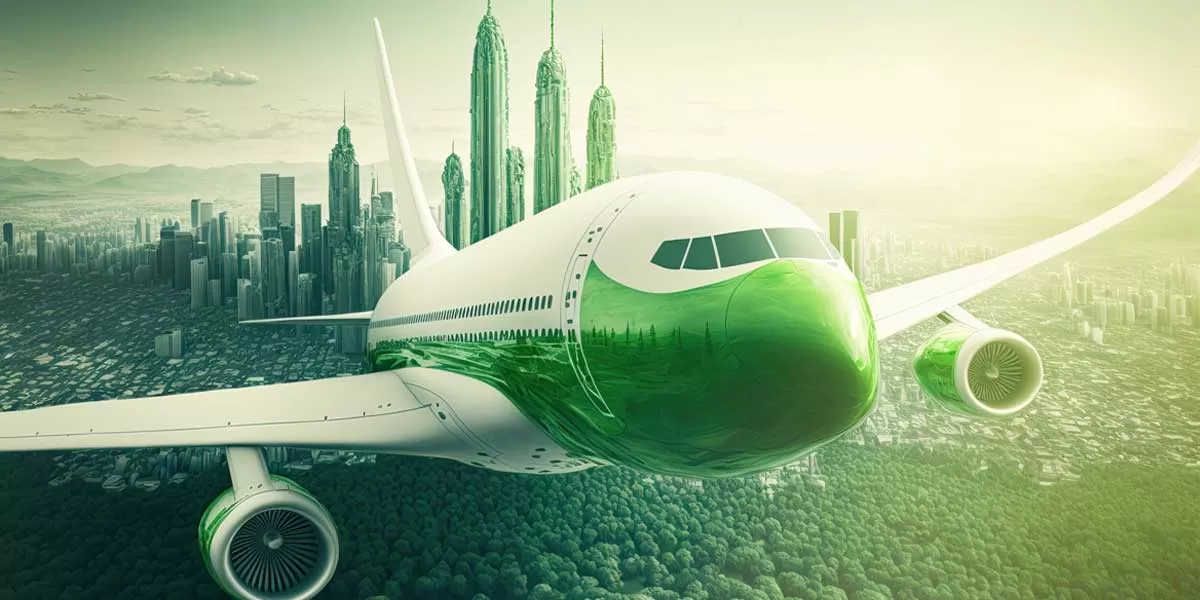
Thyssenkrupp Industries India enters green aviation fuel production

Rajesh Power Secures 65 MW BESS Project in Gujarat
Rajesh Power Services has recently secured a 65 MW / 130 MWh standalone Battery Energy Storage System (BESS) project in Gujarat, marking its entry into utility-scale energy storage. The company received a Letter of Intent from Gujarat Urja Vikas Nigam for the project, which will be developed at Virpore under a tariff-based competitive bidding mechanism supported by Viability Gap Funding through the Power System Development Fund.The project is expected to be executed within 18 months from the signing of the Battery Energy Storage Purchase Agreement. With the ability to supply 65 MW of power for..

ONGC Forms JV with MOL for Ethane Shipping Operations
Oil and Natural Gas Corporation (Oil and Natural Gas Corporation) has recently entered the ethane shipping segment through joint venture agreements with M/s Mitsui O.S.K. Lines Ltd (Mitsui O.S.K. Lines), Japan. The agreements involve equity participation in two joint venture entities—Bharat Ethane One IFSC Private Limited and Bharat Ethane Two IFSC Private Limited—registered at GIFT City, Gandhinagar.Under the arrangement, ONGC will subscribe to 2,00,000 equity shares of Rs 100 each in both entities, resulting in a 50 per cent equity holding in each joint venture, with the remaining stake ..

Waaree Energy Storage Raises Rs 10.03 Billio for 20 GWh Plant
Waaree Energy Storage Solutions Private, a subsidiary of Waaree Energies, has recently completed a strategic fund raise of around Rs 10.03 billion from a group of strategic investors, including family offices, high-net-worth individuals and institutional backers. The funding strengthens the company’s position in India’s rapidly expanding energy storage ecosystem.The capital raise forms part of an announced capital expenditure programme of nearly Rs 100 billion for setting up a 20 GWh advanced lithium-ion cell and battery pack manufacturing facility. The plant will manufacture high-performa..
















